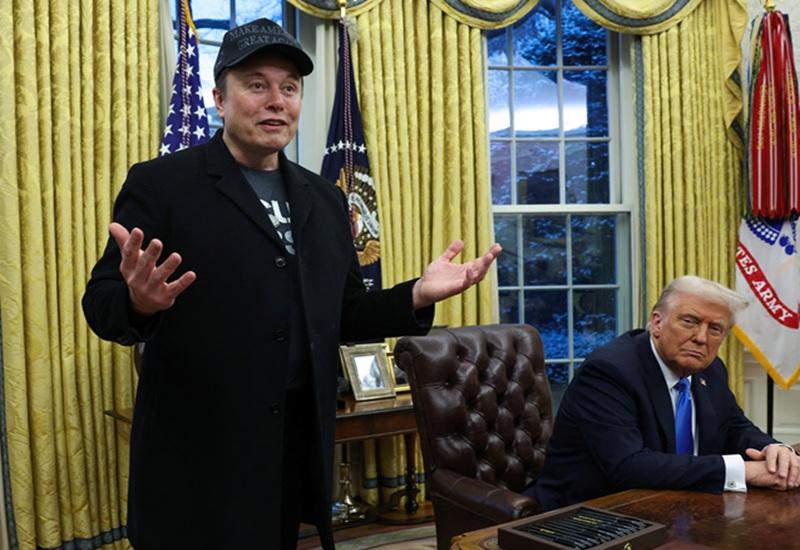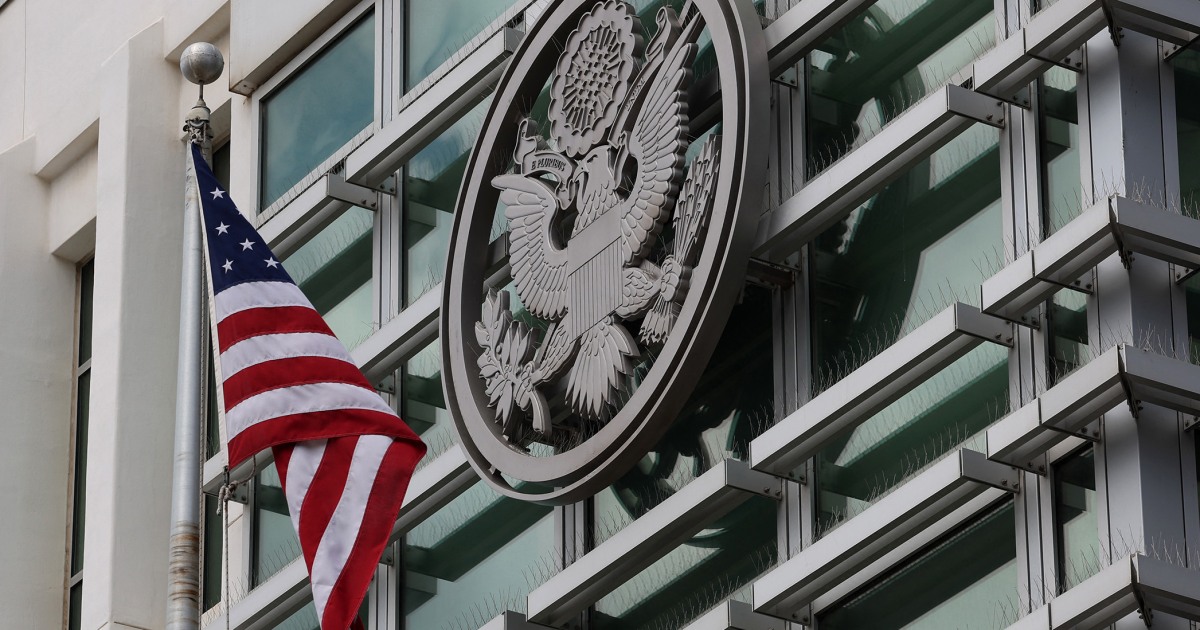Former Civil Service Head Predicts Two Decades of Conflict and Calls for Nuclear Deterrent Revamp

In a stark and sobering assessment of the future geopolitical landscape, Simon Case, the former head of the UK civil service, has declared that the next two decades will likely be dominated by conflicts between nations. This statement comes as Case gives his first significant interview following his departure as cabinet secretary in December 2023.
Speaking with the Times newspaper, Case emphasized the importance of developing new methods to launch Britain’s nuclear deterrent, which is currently maintained aboard submarines that are on constant patrol. He advocates for the exploration of alternative delivery systems, including land or jet-fired missiles. This recommendation is particularly timely as the UK government prepares for an upcoming strategic defence review, which is a comprehensive assessment of the nation's defence capabilities.
“In my view, you wouldn’t rely on a single system for anything,” Case remarked. “That’s true in many walks of life, let alone nuclear deterrence.” His insights reflect a growing sentiment among military and political leaders that a diversified approach to defence is crucial in light of increasing global tensions.
During the interview, Case, who served as the civil service chief under four different prime ministers, identified himself as a “pessimist” regarding the state of international relations. “As I look out on my children’s lives, the next 10 and probably 20 years is going to be dominated by this inter-state conflict,” he warned, underscoring the urgency for the Western alliance to take proactive measures. “It feels to me that we across the western alliance need to get our skates on and be ready.”
In addition to his call for enhanced nuclear capabilities, Case also urged the UK government to increase its defence spending to 3% of the nation’s GDP as soon as possible. Currently, the government, led by Keir Starmer, has committed to raising defence spending to 2.5% of the UK’s economic output by 2027, with intentions to push it further to 3% in the next parliament.
Case’s retirement was influenced by a rare health condition, which prompted him to step down at the end of 2024. His extensive experience includes serving as cabinet secretary during the tenures of Boris Johnson, Liz Truss, Rishi Sunak, and Keir Starmer. Additionally, he had held senior roles in the civil service under former prime ministers David Cameron and Theresa May, providing him with a unique perspective on the evolution of UK government policy and global security issues.
























